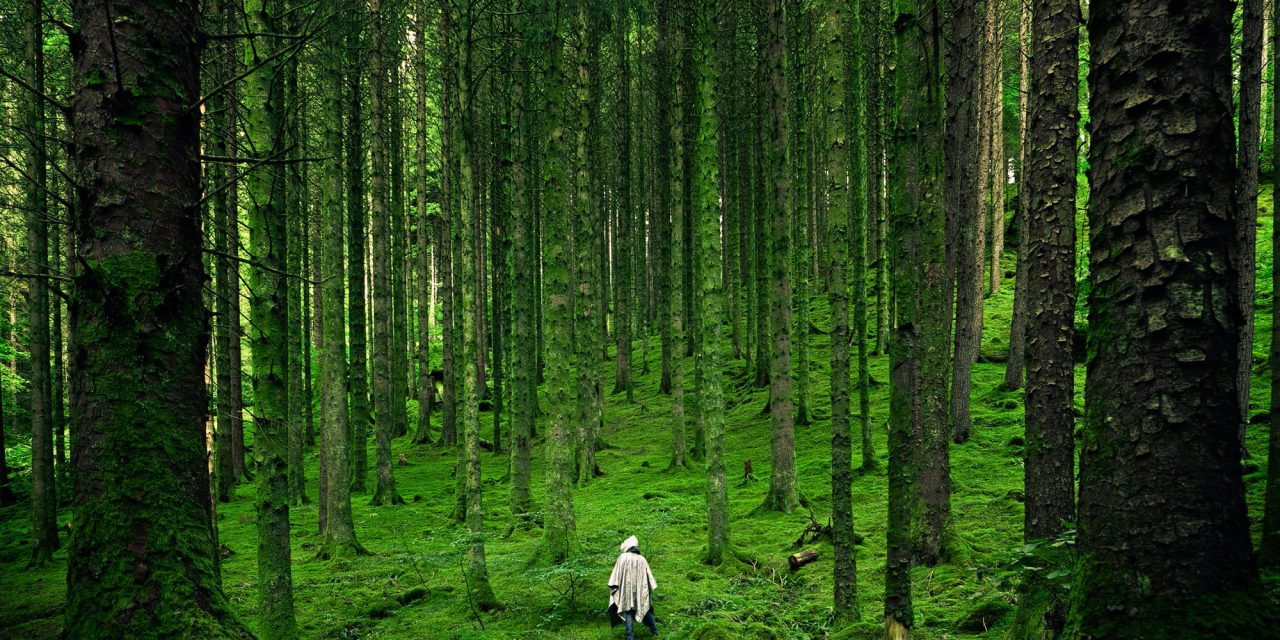It’s not the first time nor will it be the last, but scientists have unearthed yet more evidence that being in green spaces is good for humans.
Published in the Journal of Environmental Psychology, the study claims people who spend time in nature every week say they enjoy better physical and mental wellbeing than those who don’t visit green spaces.
But this particular study, carried out by researchers at the universities of Plymouth, Exeter and Derby and Natural England also suggests it’s good for the planet too. That’s because, according to the study’s findings, people who regularly spend time in natural environments are more likely to take part in pro-environmental activities such as recycling and other conservation activities.
Marian Spain, chief executive of Natural England, says her organisation’s priority is to help address the challenges society’s facing through contact with nature. These challenges, she says, include poor physical health and mental wellbeing, the climate change crisis and the loss of wildlife.
“These findings give vital new insights of the need to not just increase contact with nature, but about the sorts of experience that really help people build an emotional connection, which is key to unlocking health benefits as well as inspiring people to taking action to help their environment,” she says.
Leanne Martin, the study’s lead author, adds: “In the context of increasing urbanisation, it is important to understand how engagement with our planet’s natural resources relate to human health and behaviour. Our results suggest that physically and psychologically reconnecting with nature can be beneficial for human health and wellbeing, and at the same time encourages individuals to act in ways which protect the health of the planet.”
If you want to get in on the outdoor action and you’re based in the UK, try one of these:
TCV (The Convervation Volunteers)
Photo by Luis Del Río Camacho on Unsplash





